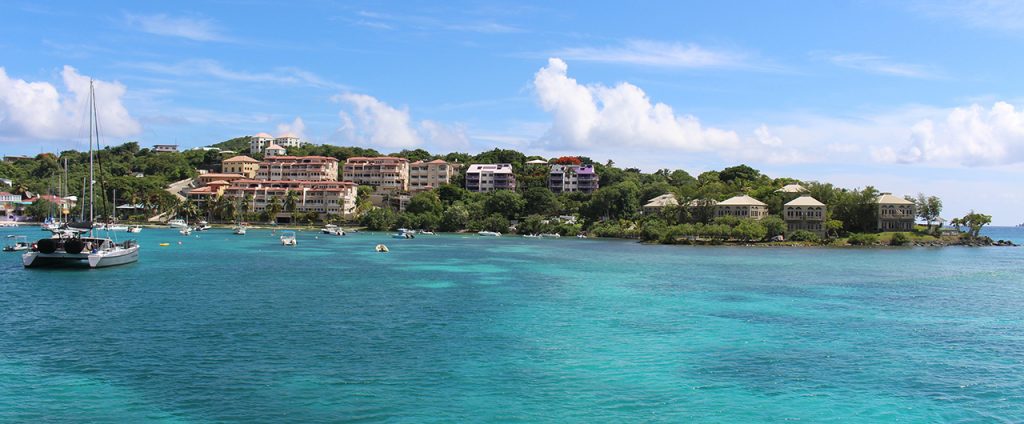A new push could make the Caribbean hotel sector a whole lot greener.
The United States Agency for International Development’s Caribbean Clean Energy Program has signed a collaboration agreement with the Caribbean Hotel and Tourism Association in a move to bolster energy efficiency in the region’s hotel sector.
The agreement, which was signed during the Caribbean Hospitality Industry Exchange Forum in Puerto Rico, outlines the joint actions that will be taken to address the sector’s needs– primarily in the areas of energy policy reform, research and capacity development.
This initiative is largely directed at beneficiary countries under USAID CARCEP’s mandate– Antigua and Barbuda, Barbados, Dominica, Grenada, Jamaica, St. Kitts and Nevis, St. Lucia and St. Vincent and the Grenadines.
Hotel owners in these nations will be equipped with access to technical tools, training and other resources to help them understand and adopt energy efficiency best-practices to reduce their energy consumption.
In signing the agreement, Director General and CEO of the CHTA Frank Comito pledged to work closely with USAID CARCEP to advance the work done under the Caribbean Hotel Energy Efficiency and Renewable Energy Action Program funded by the Inter-American Development Bank and conducted through CHTA and its regional public sector counterpart organization, the Caribbean Tourism Organization.
“CHTA welcomes the support by the United States Government through its clean energy program, to assist Caribbean hotels and countries in becoming more energy efficient,” Comito said. “The program brings to the table new tools, resources and training, building upon the foundational work undertaken with hotels through the CHENACT program.”
According to the CHTA, there are approximately 2,500 hotels that can profit from this initiative.
“CHENACT touched more than 150 hotels in the region,” he said. “Through USAID CARCEP, we will be able to significantly expand the number of hotels and countries which can benefit from the program’s resources. Working with CHTA’s network of national hotel and tourism associations throughout the region, and with USAID CARCEP’s team, we look forward to advancing new opportunities for our industry and the region. Sound energy savings initiatives by hoteliers make good business sense and protect our rich natural resources which are an essential part of our touristic appeal.”
The partnership has already yielded the launch of an energy benchmarking tool that followed the agreement signing at the forum.
The tool, which was developed by USAID CARCEP, will allow hotel operators to analyze their electricity, fossil fuel and water usage; compare the energy and water intensity with similar hotels in their area; and learn about energy and water efficiency strategies they can employ to reduce hotel operating costs.
“The deployment of this tool in the hotel industry, the biggest economic driver in the region, and the follow-on activities developing knowledge and awareness of energy efficiency will be a game changer,” said USAID CARCEP’S Energy Efficiency Promotion Specialist John Marcocchio.
— Dana Niland, CJ Contributor
